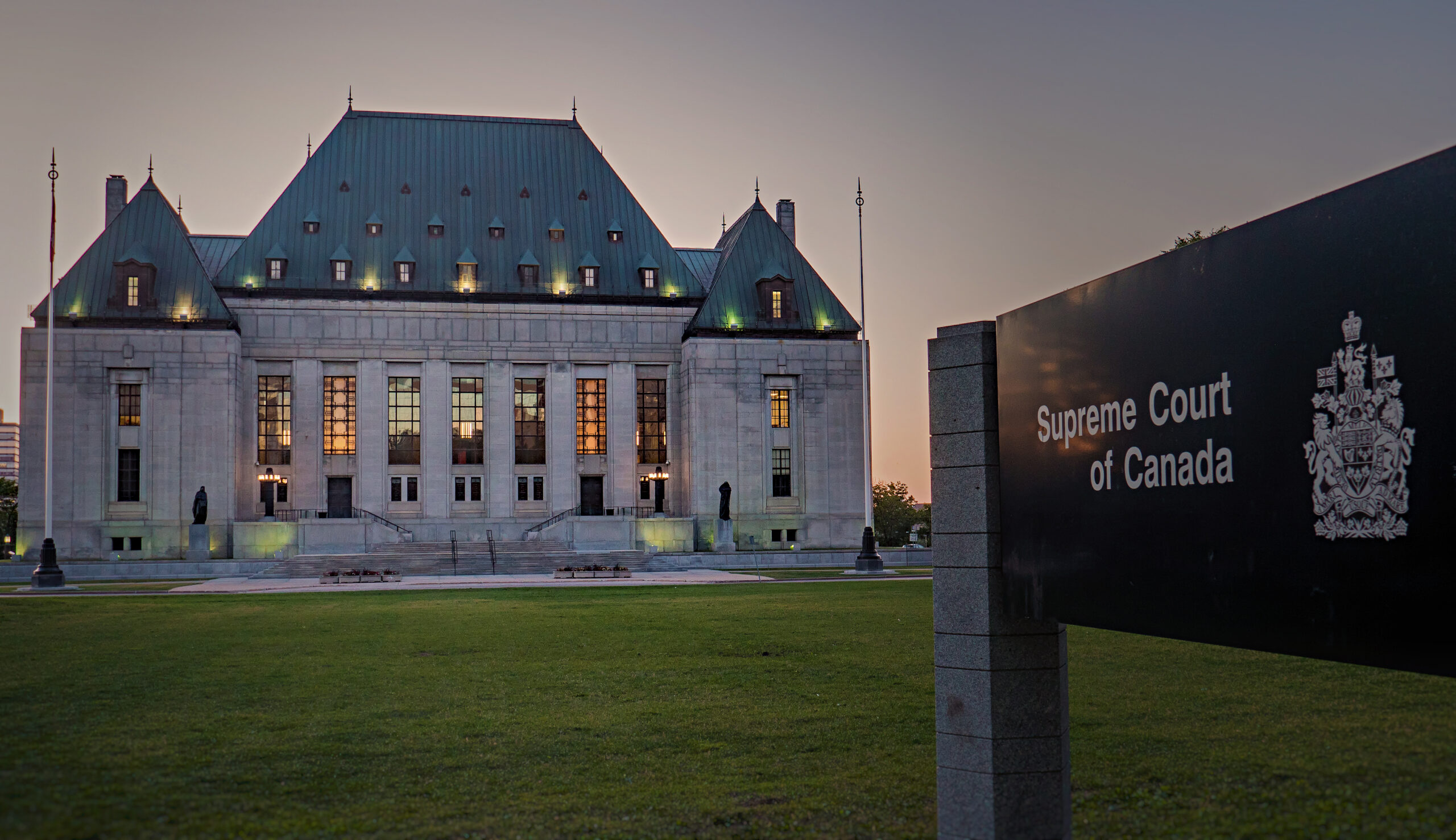How the Sherman estate ruling reaffirms court openness and press freedom
In June 2018, Toronto Star chief investigative reporter Kevin Donovan was looking to access the estate files of Barry and Honey Sherman, the billionaire couple found dead in their North York home in December 2017. But he found that the records were sealed.
The estate trustees successfully applied to seal the probate files, but the Star challenged the decision. Although the Court of Appeal lifted the sealing orders, the estate trustees brought the case to the Supreme Court of Canada.
After a three-year legal battle, the seal has finally been lifted, with the Supreme Court ruling in June that the files should be opened. Donovan, also the author of a 2019 book detailing the case, said the decision is “an important step forward” in asserting the media and the public’s right to access court documents.
Through the press, the public is able to understand how the legal justice system operates. Not only there is a public interest in the mystery of the Sherman murder case and the estate files, but also in upholding the principle of open courts in Canada.
According to Iris Fischer, a lawyer who represented the Toronto Star in the case, the Sherman case sets a precedent because there is now a narrower definition of privacy and so there are fewer grounds to seal documents.
“It’s really the first time that the Supreme Court has considered the question of privacy as a public interest in the context of (the Sierra Club test) in this detail with this much guidance,” said Fischer, who is a partner at Blake, Cassels & Graydon LLP’s Toronto office, specializing in freedom of information, constitutional litigation and media and defamation.
“And clearly, the court took the opportunity to both emphasize the primacy of the open corporate school and the importance of the open court principle for democracy; at the same time, give guidance on how to deal with privacy interests.”
The question of whether a confidentiality order should be issued at the expense of compromising the right to free expression and press freedom has been argued and interpreted in numerous court cases. The Sherman estate decision clarifies how the Sierra Club test should be applied when there is a privacy concern and what justifies information to be withheld from the public record.
The precedent in question was established in 2002 in Sierra Club of Canada v. Canada (Minister of Finance), in which the Supreme Court decided a sealing order should only be granted when there is a serious risk to an important interest, including a commercial interest that outweighs the right to free expression and the public’s right to know.
Prior to the Sierra Club case, the Dagenais case in 1994 and the R. v. Mentuck case in 2000 resulted in the Dagenais-Mentuck test, which required the applicant for a publication ban to prove to the court that a confidentiality order is necessary to prevent a serious risk.
The Sherman estate decision states that the risk will only be considered serious when the information would reveal intimate details of a person’s lifestyle and personal choices that would threaten one’s dignity.
“The information contained in the probate files does not reveal anything particularly private or highly sensitive,” wrote Justice Nicholas Kasirer. “It has not been shown that it would strike at the biographical core of the affected individuals in a way that would undermine their control over the expression of their identities.”
Fischer said now that guidance was given by the court, future applicants for a sealing order could not simply “assert a generalized privacy and trust in order to restrict openness.”
“Applicants will need to consider whether the interest and the information in the particular case rise to the standard set by the Supreme Court,” she said.
Fischer added that the trustees for the Sherman estate argued that the probate court proceedings were administrative in nature, and therefore, it was less important to apply the open core principle, or that it was less robust in that context.
However, the court rejected the trustee’s argument and emphasized that the rationale for court openness is applied in all judicial proceedings.
The fundamental rationale for openness discourages mischief and ensures confidence in the administration of justice through transparency, the ruling stated. This applies to probate proceedings and “thus to the transfer of property under court authority and other matters affected by that court action,” according to the Supreme Court.
According to Kasirer, even if the estate trustees had successfully demonstrated a serious risk to privacy, a publication ban would be an alternative that is “less constraining on openness than the sealing orders.”
The ruling “means that openness is extremely important so that the public can understand and scrutinize what the court does and decisions that are made,” said Fischer. “And so we know, there was a real affirmation that the open court principle applies to all judicial proceedings.”
Donovan said there has been a public concern that the estate has been poorly managed, so estate files show how the estate was managed, how much tax was paid, the identities of the beneficiaries and the trustees.
“I think we also learn from it that a judge in a lower court never should have sealed this file,” said Donovan. “And that begs the question, how many other files out there in Ontario are sealed? And the media doesn’t even know about them?”

